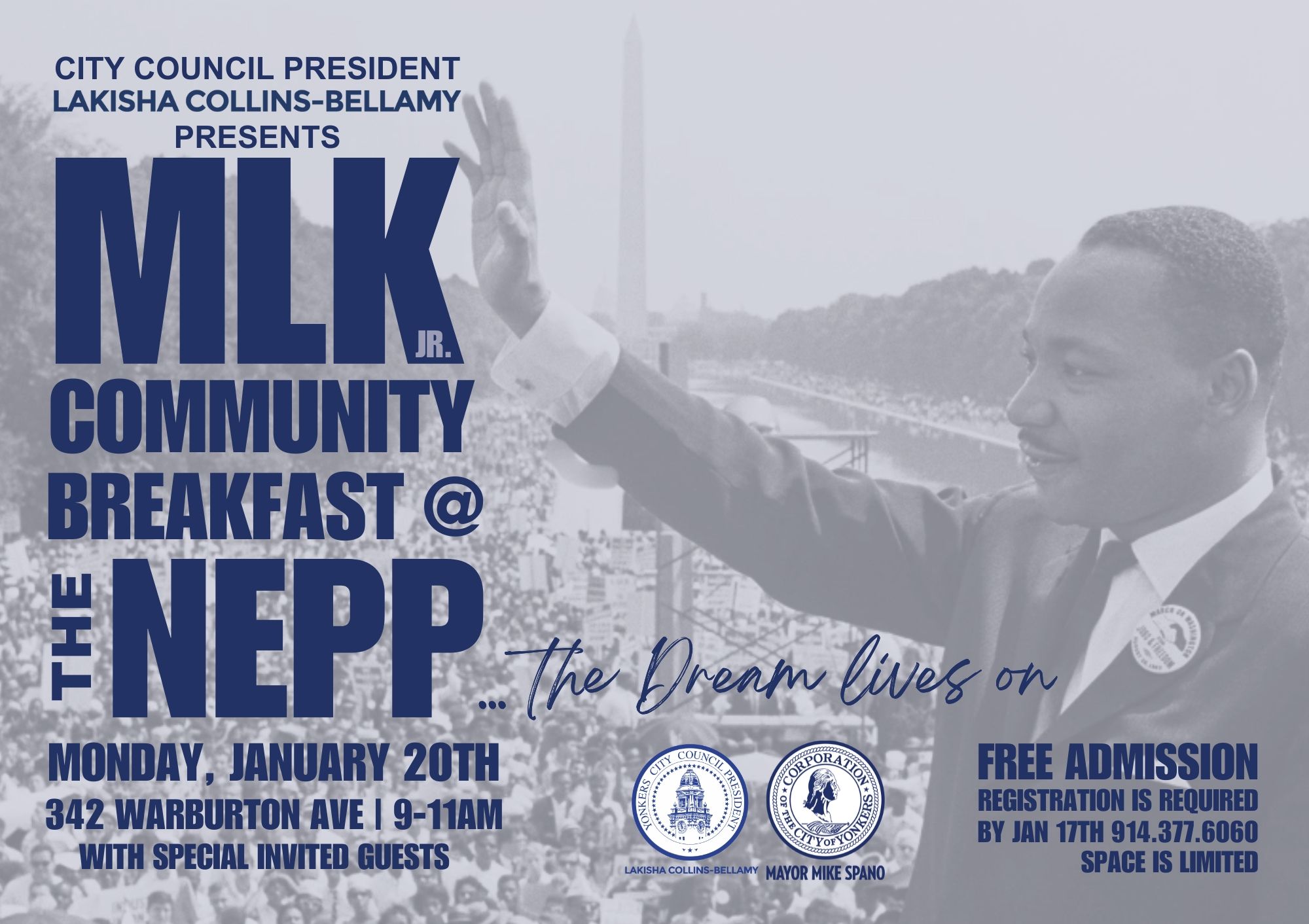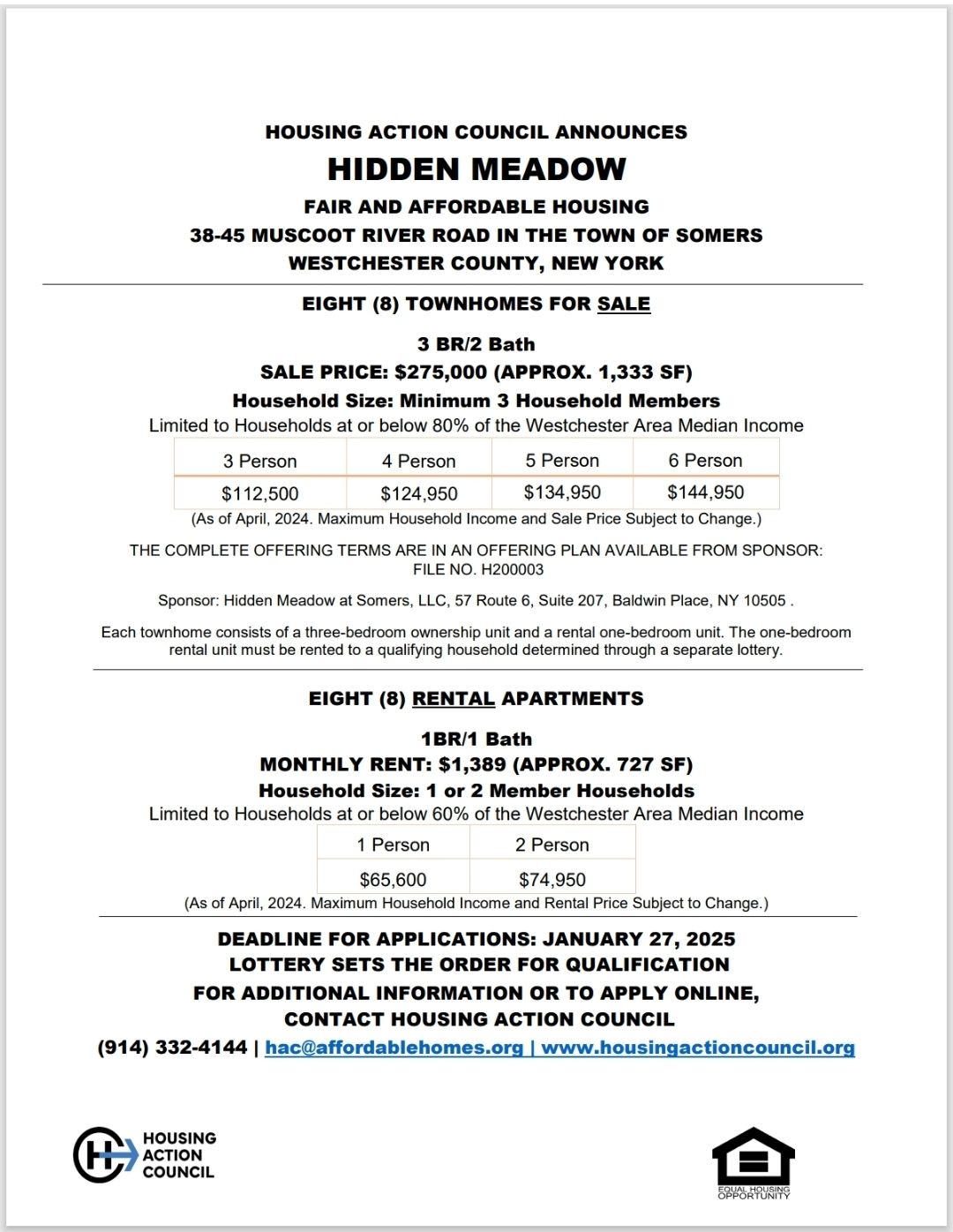Global adult obesity rates have steadily increased in the past few decades, more than tripling from 5% to 16% from 1990 to 2022. This trend is particularly pronounced in the United States, where the average obesity rate is much higher at 34%. However, this national average masks significant disparities across regions, states, and demographic groups.
The U.S. Centers for Disease Control and Prevention (CDC) data, updated as of September 2023, reveals stark differences in obesity rates nationwide. Every U.S. state and territory had an obesity rate of over 20% in 2022, meaning more than one in five adults in the U.S. was obese. The Midwest (35.8%) and South (35.6%) regions had the highest rates, followed by the Northeast (30.5%) and West (29.5%).
West Virginia recorded the highest obesity rate in the United States at 41%, followed by Louisiana and Oklahoma at 40%. These states, characterized by high rural populations and poverty rates, are often home to many food deserts, or areas where access to fresh and healthy foods is limited, leading residents to rely more on fast food and other nutritionally poor options.
The obesity epidemic disproportionately affects the Black community, making it a crucial conversation within this population. According to the CDC, non-Hispanic Black adults have the highest age-adjusted prevalence of obesity at 49.9%, compared to 45.6% among Hispanic adults, 41.4% among non-Hispanic White adults, and 16.1% among non-Hispanic Asian adults.
The Office of Minority Health provides even more detailed statistics on how obesity affects African American populations:
- African American women have the highest rates of obesity or being overweight compared to other groups in the United States. About 4 out of 5 African American women are overweight or obese.
- In 2018, non-Hispanic blacks were 1.3 times more likely to be obese as compared to non-Hispanic whites.
- In 2018, African American women were 50 percent more likely to be obese than non-Hispanic white women.
- From 2015-2018, non-Hispanic black females were 2.3 times more likely to be overweight as compared to non-Hispanic white females.
- People who are overweight are more likely to suffer from high blood pressure, high levels of blood fats, diabetes, and LDL cholesterol – all risk factors for heart disease and stroke.
- In 2018, African Americans were 20 percent less likely to engage in active physical activity as compared to non-Hispanic whites.
These statistics underscore the urgent need for targeted interventions and discussions within the Black community. Factors contributing to higher obesity rates among Black Americans include:
- Socioeconomic disparities: Black Americans are more likely to live in low-income areas with limited access to healthy food options and safe spaces for physical activity.
- Cultural factors: Traditional cuisines and food practices may contribute to higher caloric intake and less emphasis on certain nutritional aspects.
- Stress and discrimination: Chronic stress related to racial discrimination can lead to hormonal changes that promote weight gain.
- Limited access to healthcare: Reduced access to preventive care and nutrition education can hinder early intervention and management of weight-related issues.
- Targeted marketing: Fast food and sugary beverage companies often disproportionately market their products to Black communities.
- Lower rates of physical activity: As indicated by the Office of Minority Health, African Americans are less likely to engage in active physical activity.
The CDC data also showed disparities in age and education level when it came to obesity prevalence. Young adults were half as likely to be obese compared to middle-aged adults. Adults aged 18–24 years had the lowest prevalence of obesity (20.5%), while adults aged 45–54 had the highest (39.9%). Additionally, adults without a high school diploma were the most likely to be obese (37.6%) compared to 35.9% of adults with a college education and 27.2% of college graduates.
Addressing obesity within the Black community requires a multifaceted approach that includes:
- Culturally sensitive health education programs
- Improving access to healthy foods in underserved areas
- Promoting physical activity through community initiatives
- Addressing systemic racism and its impact on health outcomes
- Encouraging open conversations about health and wellness within Black families and communities
- Developing targeted interventions for African American women, who are mainly at risk
By recognizing the unique challenges faced by the Black community and tailoring interventions accordingly, progress can be made in reducing obesity rates and improving overall health outcomes. The stark disparities highlighted by the Office of Minority Health emphasize the urgency of this issue and the need for comprehensive, culturally appropriate strategies to combat obesity in African American populations.







